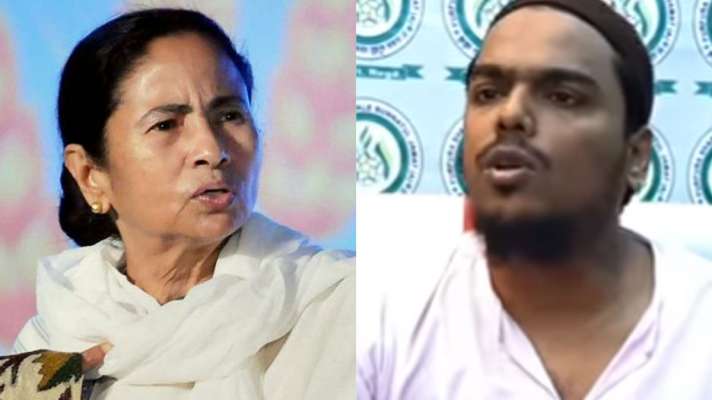Abbas Siddiqui, a young and popular Muslim cleric in West Bengal, has floated a new political outfit, the Indian Secular Front, in the poll-bound state.
Siddiqui, who has emerged as one of the most vocal critics of the Mamata Banerjee-led Trinamool Congress, recently held a meeting with Asaduddin Owaisi, leader of the All India Majlis-e-Ittehad-ul-Muslimeen (AIMIM).
“The party has been formed so that everybody can enjoy social justice and constitutional democracy can be protected,” Siddiqui said at a program organized to launch his new party in Kolkata.
He is the scion of the Siddiqui family, which is the custodian of the famous Furfura Sharif shrine, one of the most popular places of pilgrimage in Bengal.
In recent months, he had accused the TMC of not doing enough for the minority community and using it as a vote bank instead.
Also see: Trilateral fight in West Bengal election 2021
The TMC, however, has downplayed the event saying that it would not affect the ruling party’s vote bank in anyway.
“In every state, new players enter politics just before the elections. Abbas Siddiqui is a new player. But it is hard to do anything in just three months. He would not be able to do anything. If he manages to snatch even a single vote of the TMC it would help the BJP. Now he will have to decide whether it would in any way help the minority. We believe the minorities are with the TMC and will remain so,” said Saugata Roy, TMC MP.
Significantly, other members of the Siddiqui family, especially Toha Siddiqui, the most prominent among the elders and whose support had helped the CPI(M) and TMC in the past had criticized Abbas’ foray into politics and had even maintained silence on Owaisi’s visit.
Also see: Battleground of Bengal election 2021
Furfura Sharif, whose custodian is the Siddiqui family, is built around the mausoleum of Pir Abu Bakr Siddiqui. It also has a mosque built in 1375. Furfura Sharif draws millions from across the country during the Urs festival and the annual fair dedicated to the Pir.
Bengal’s Muslim population stood at 27.01% during the 2011 census and is projected to have increased to around 30% now.





